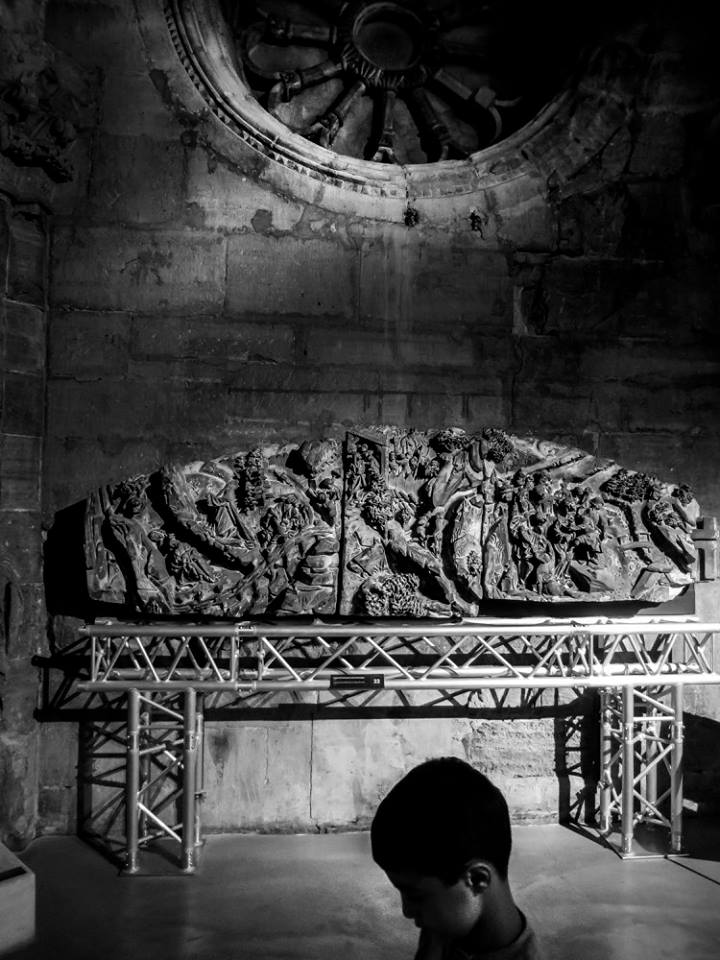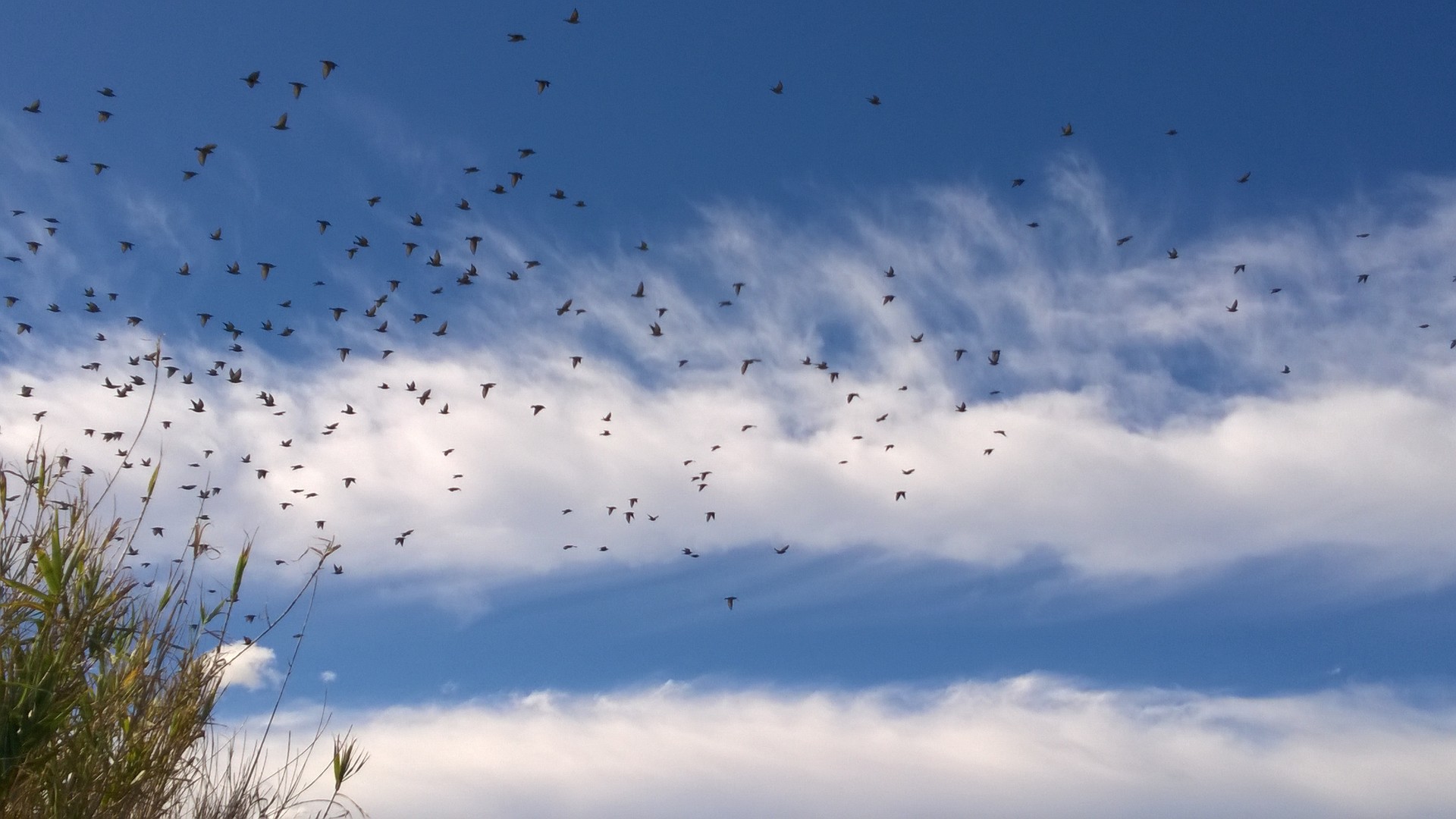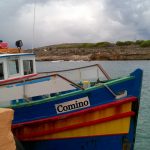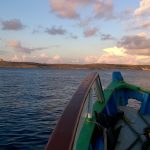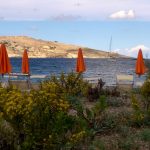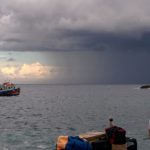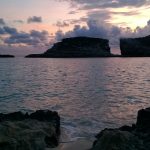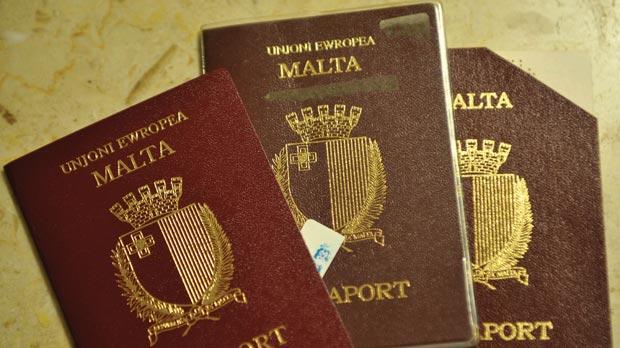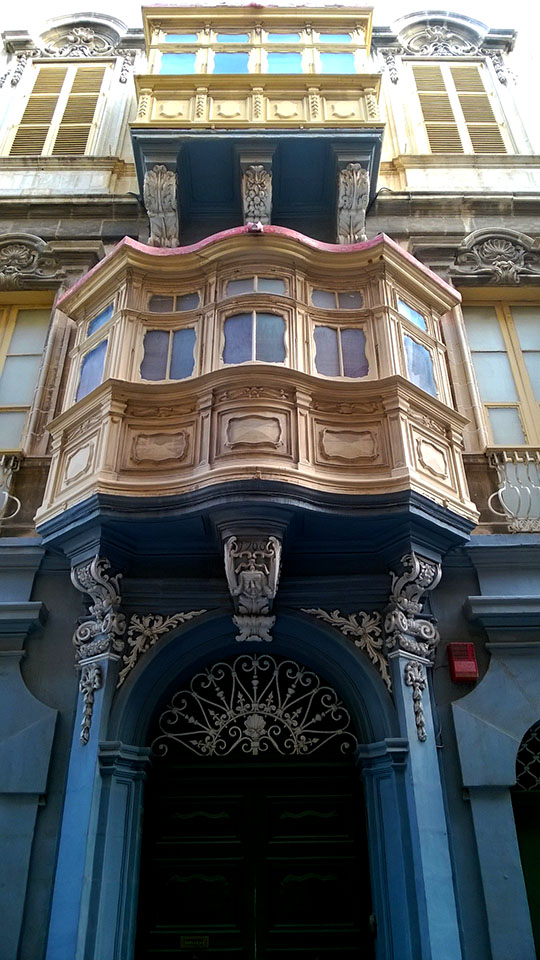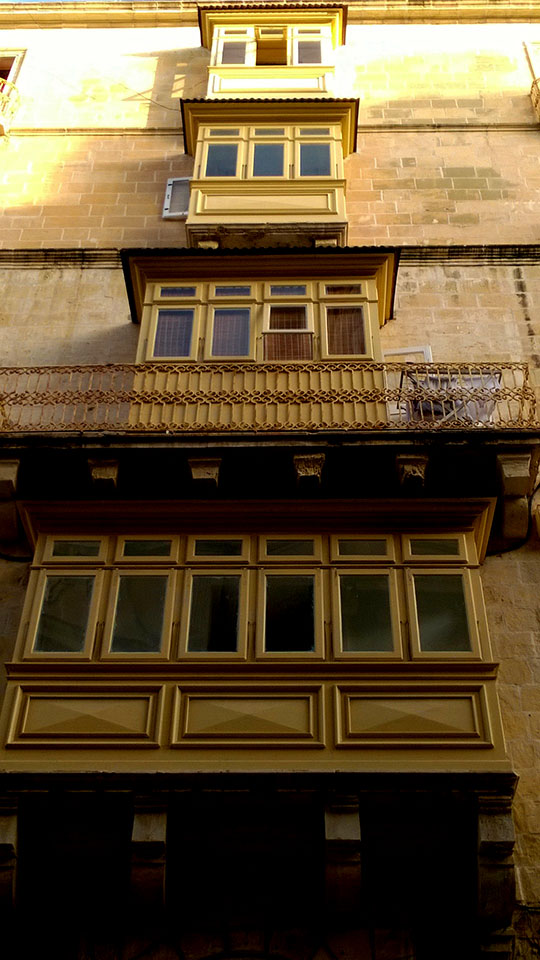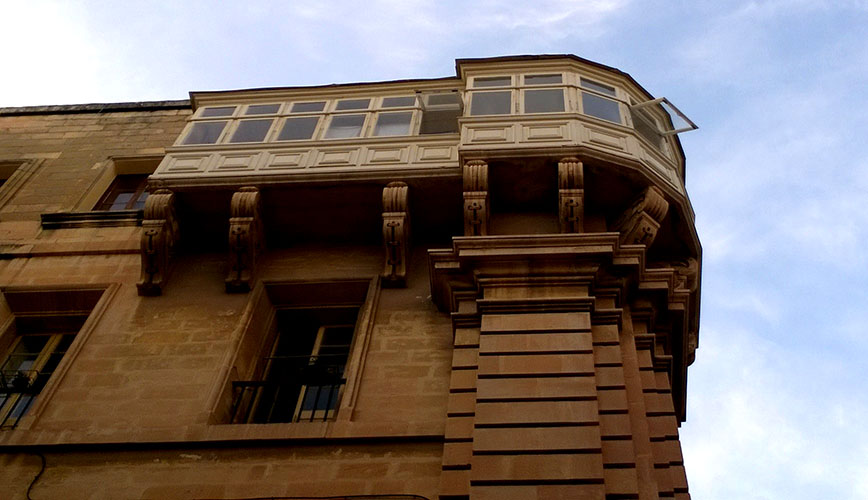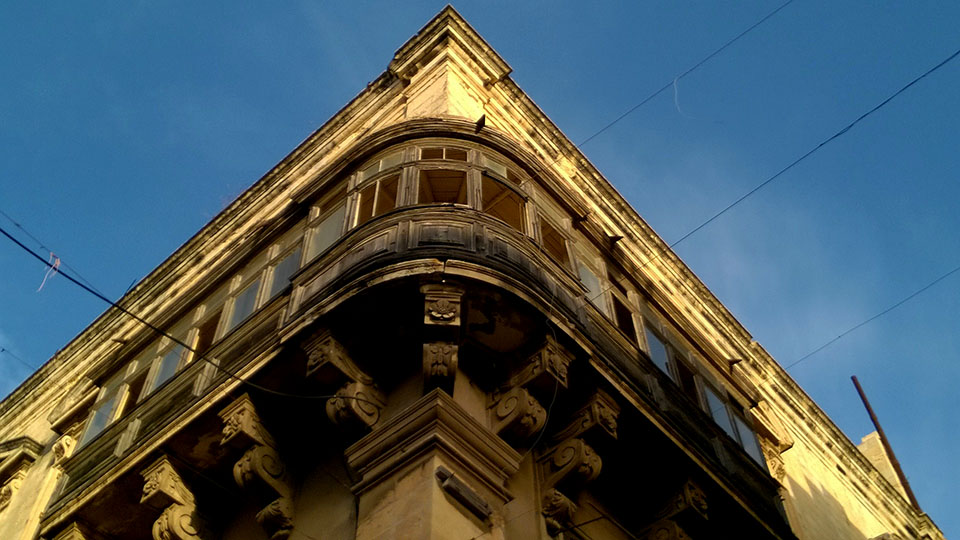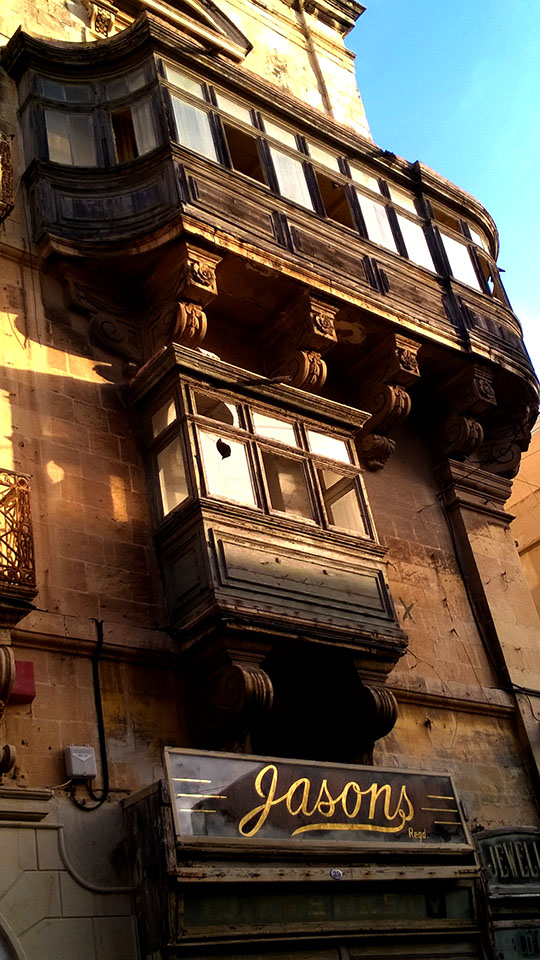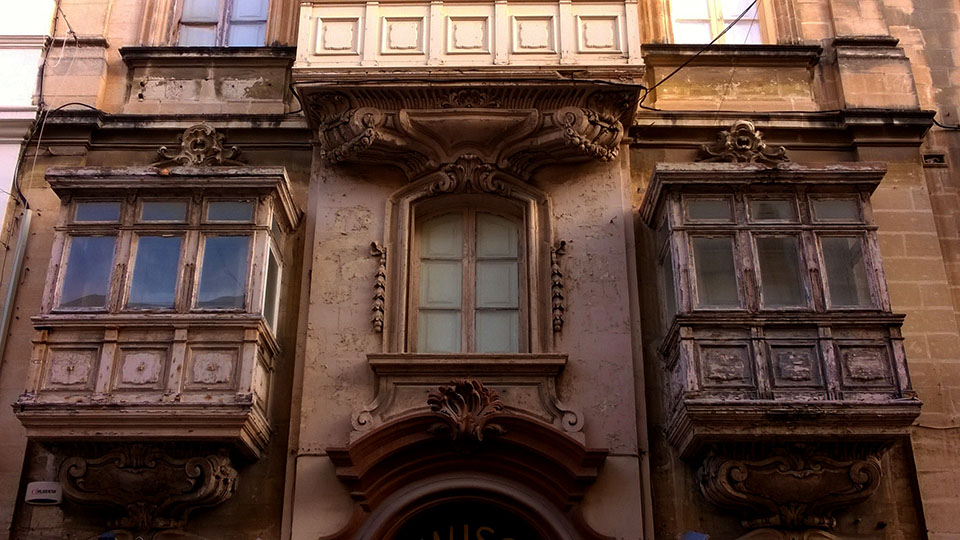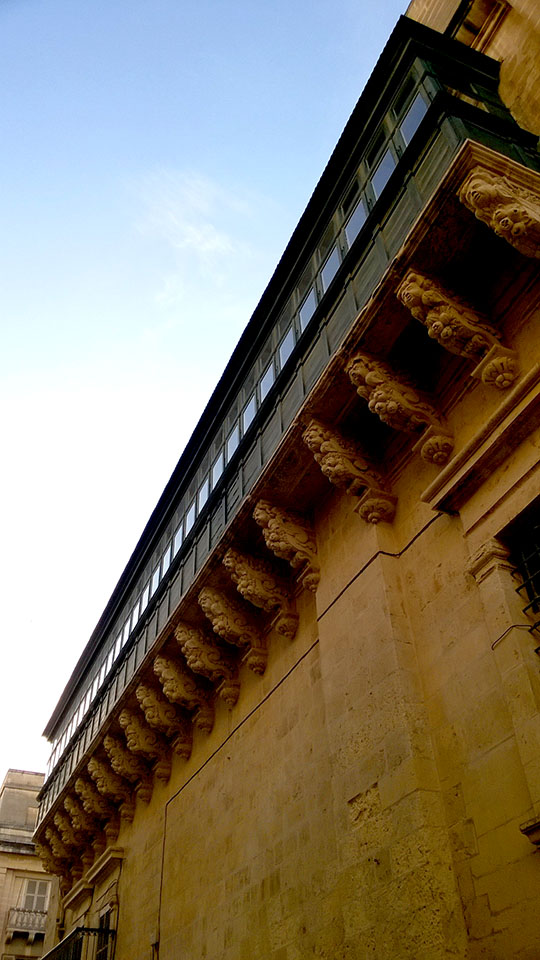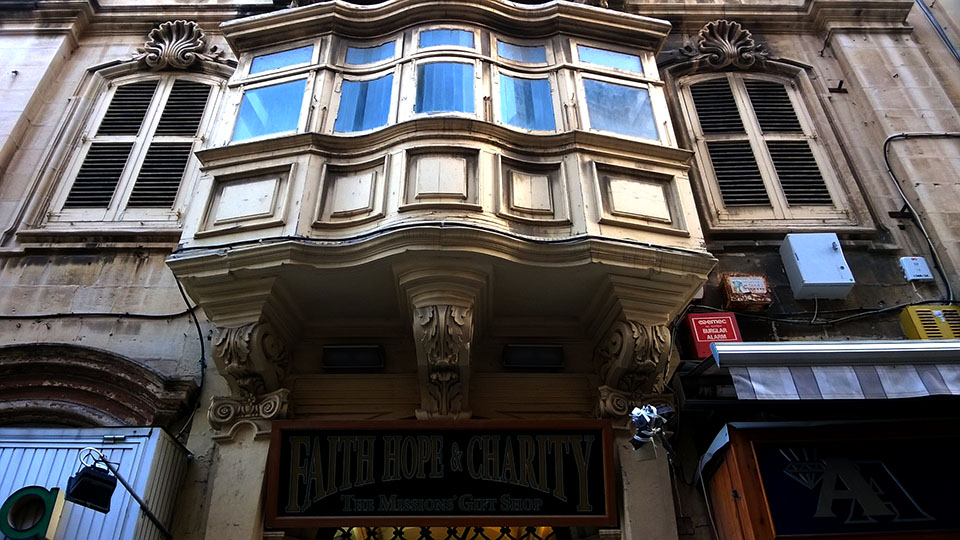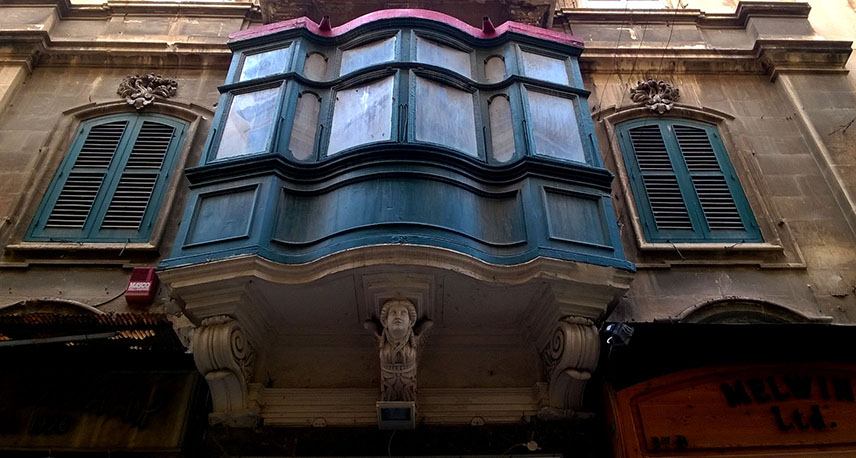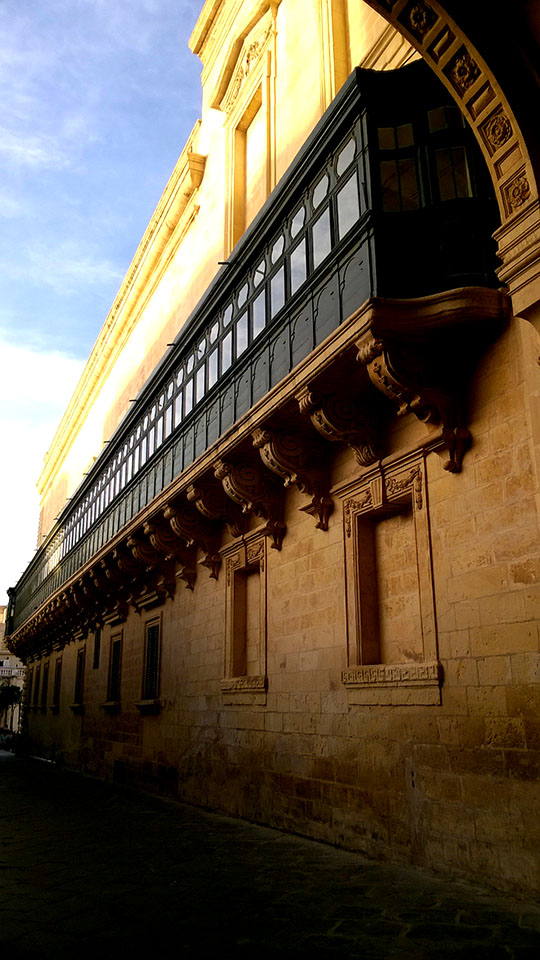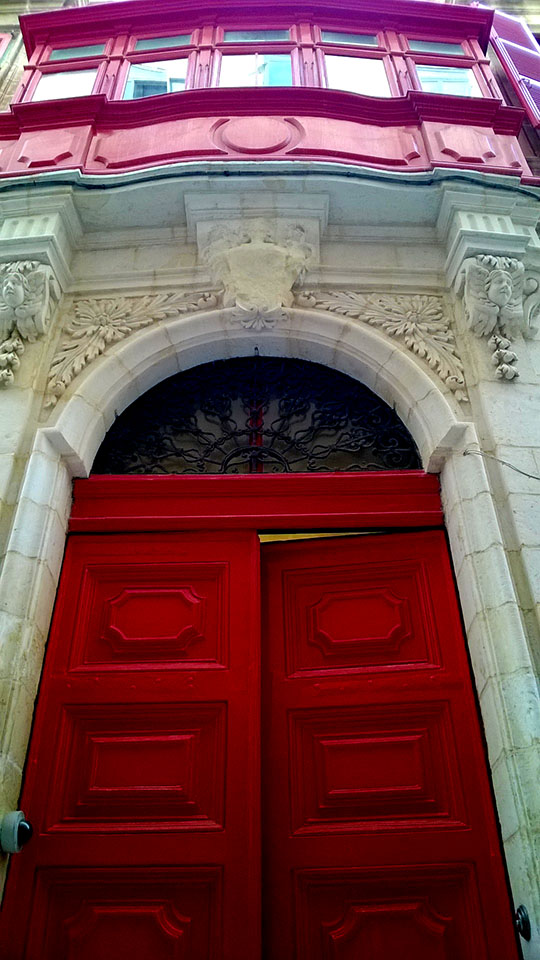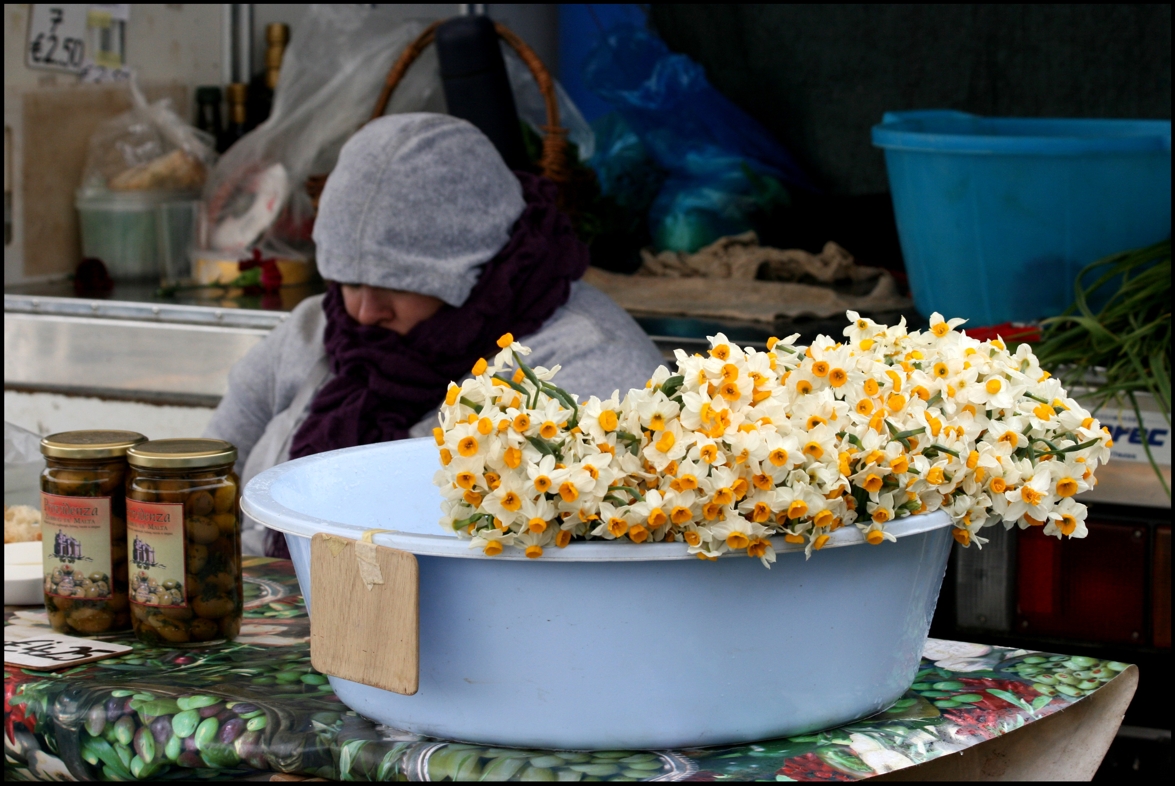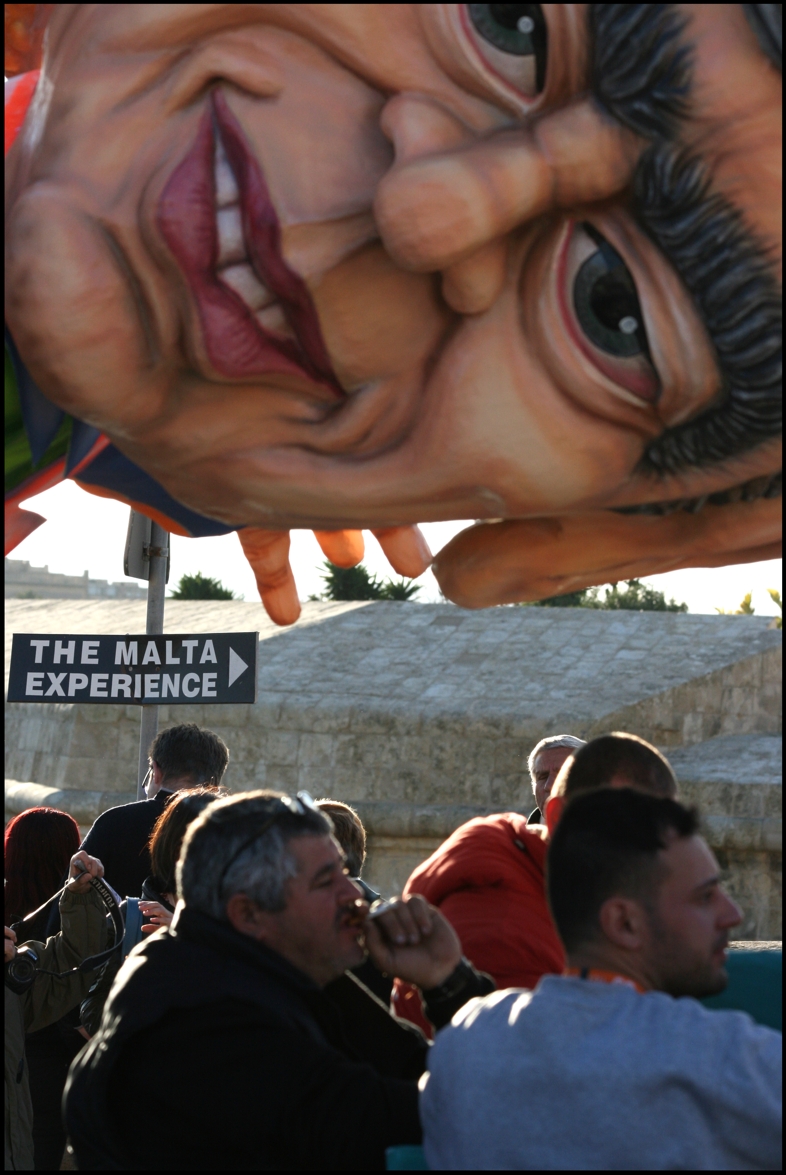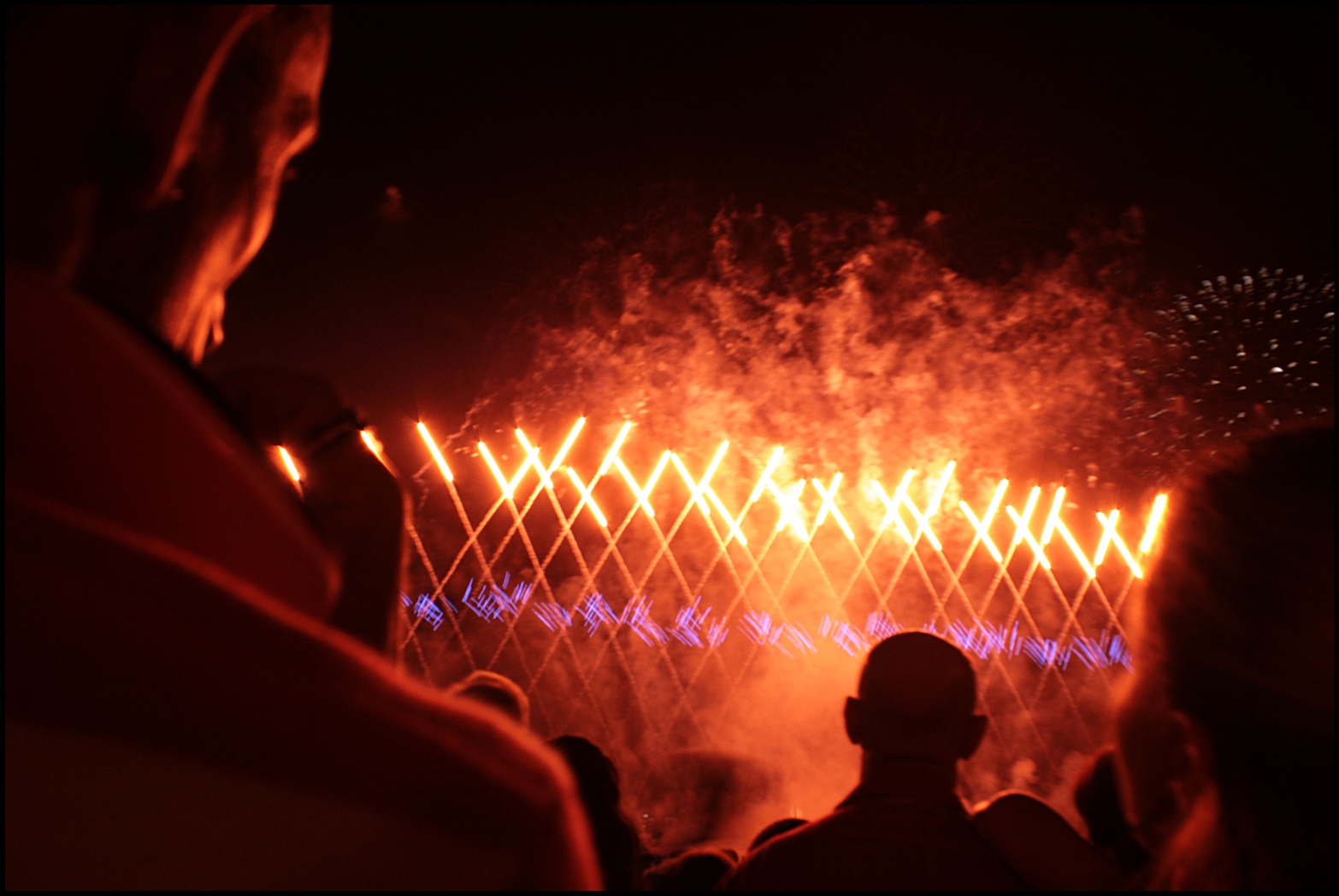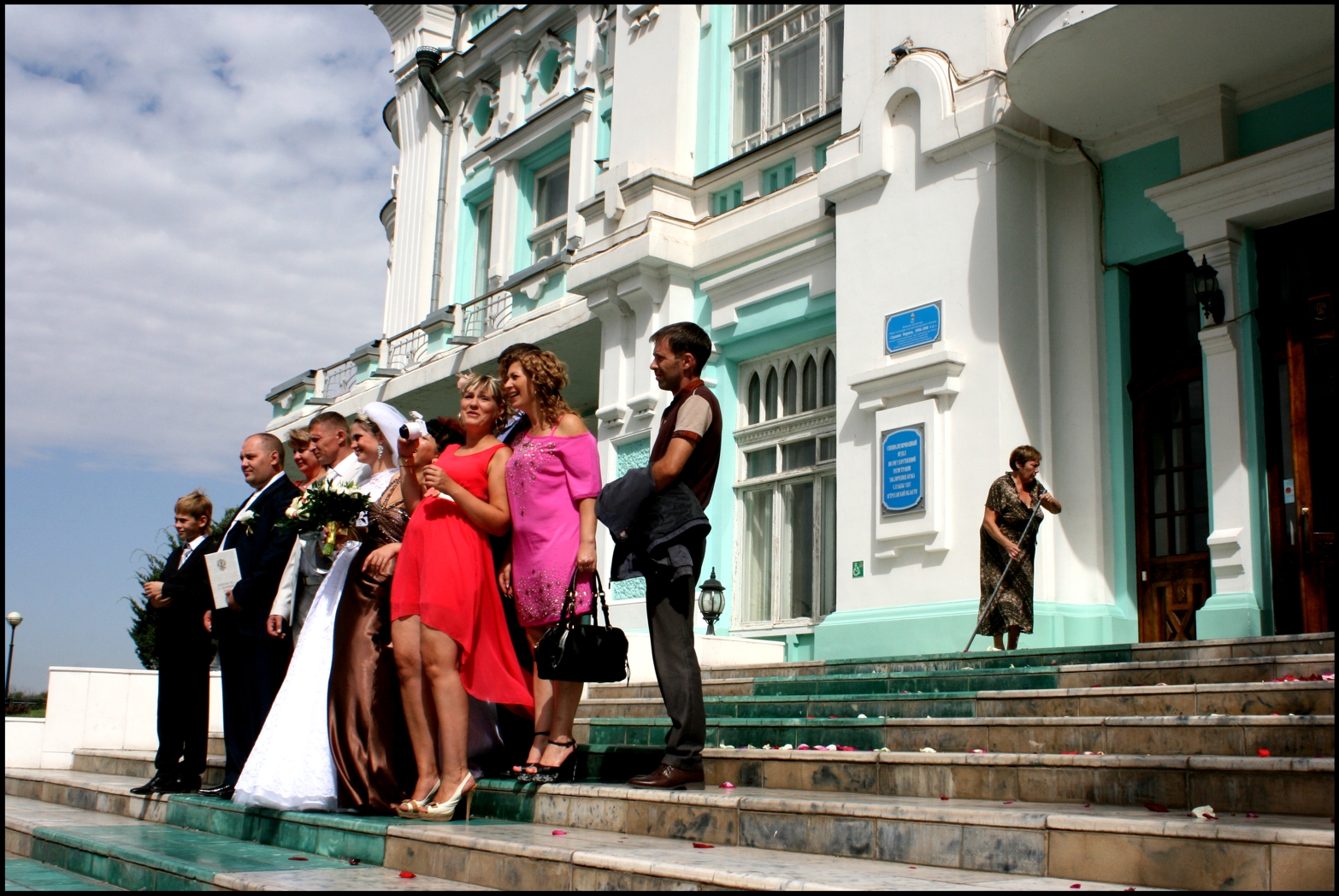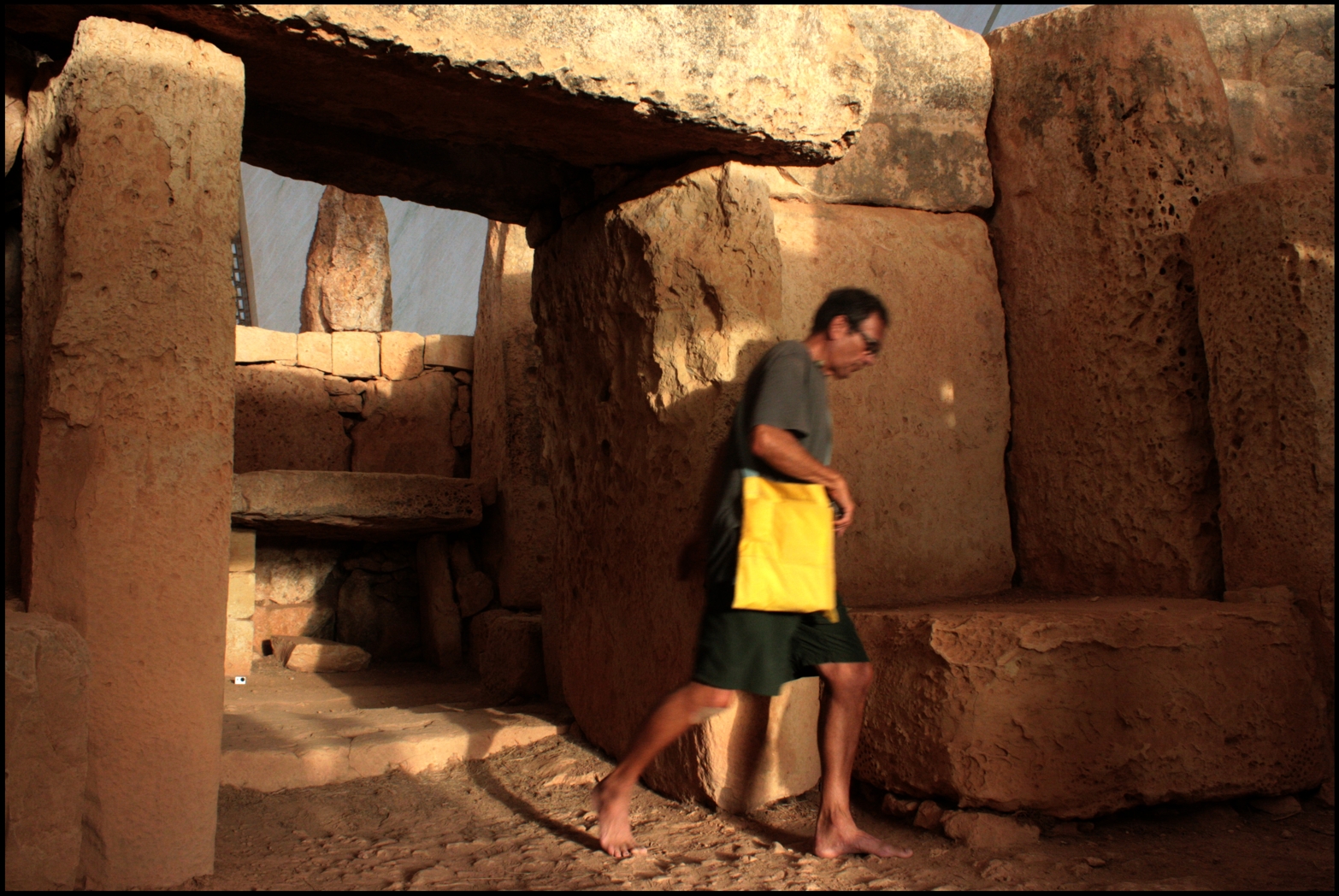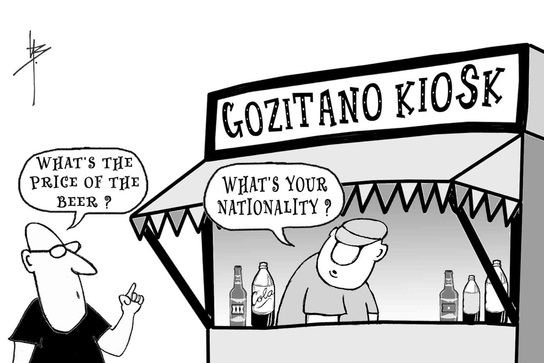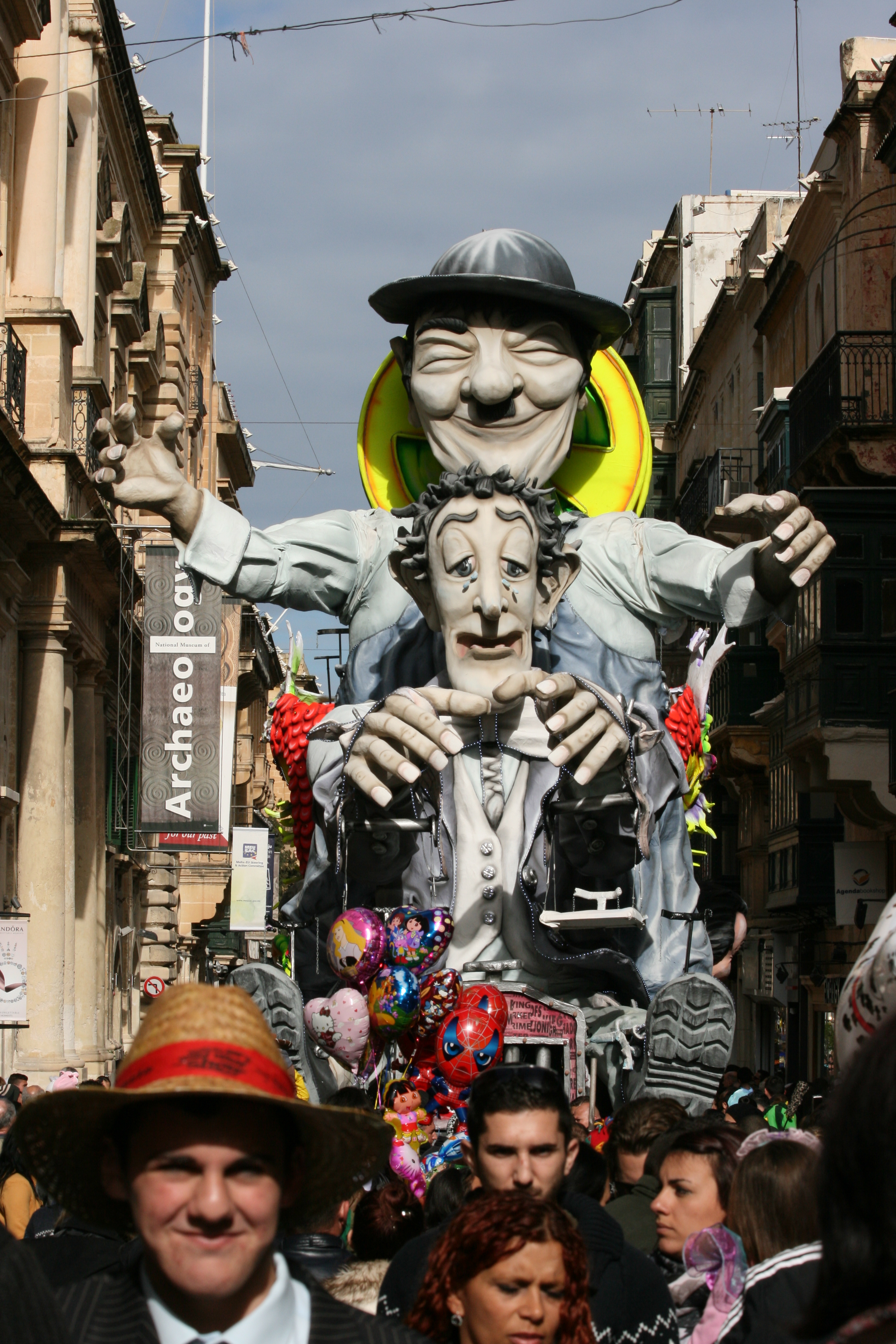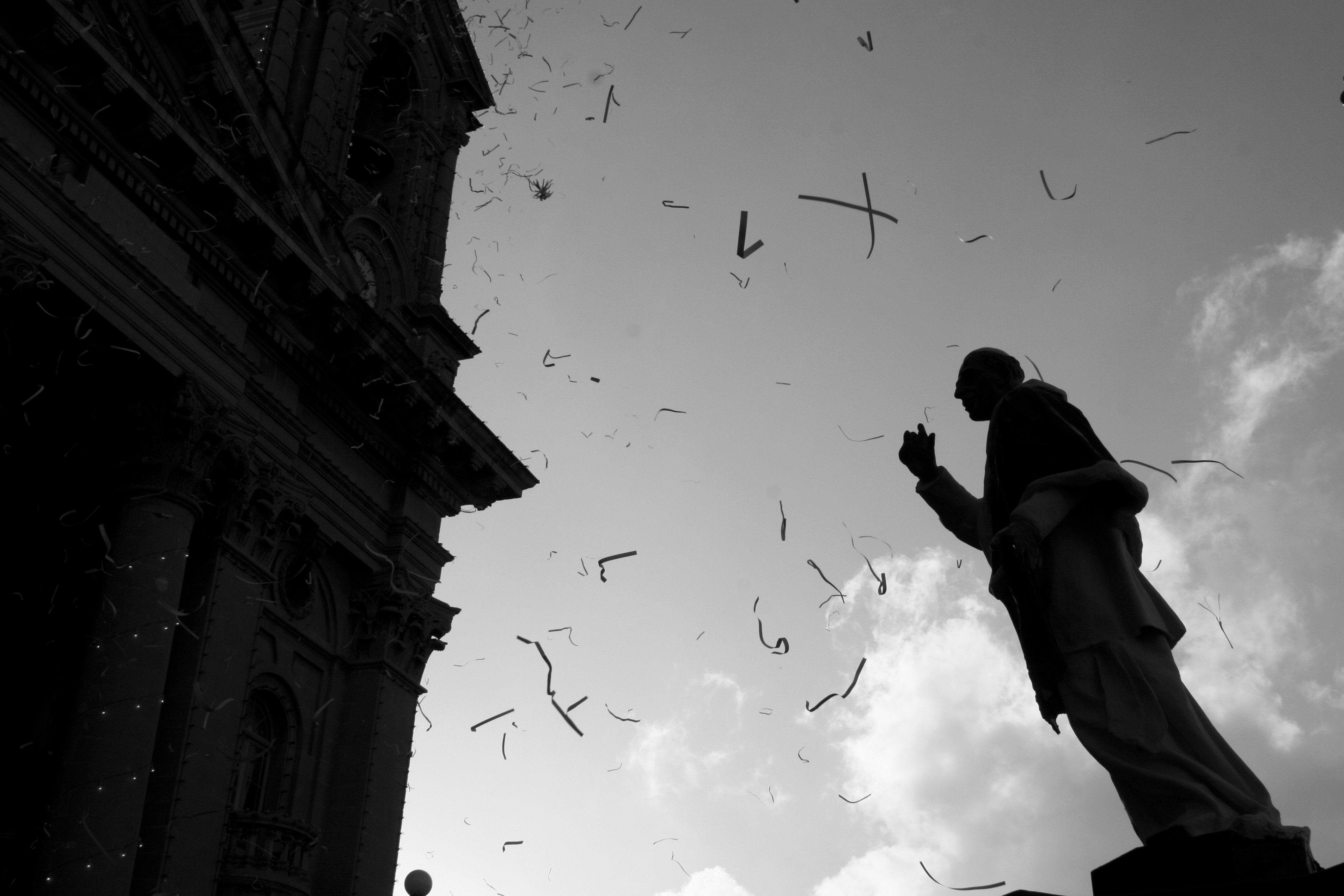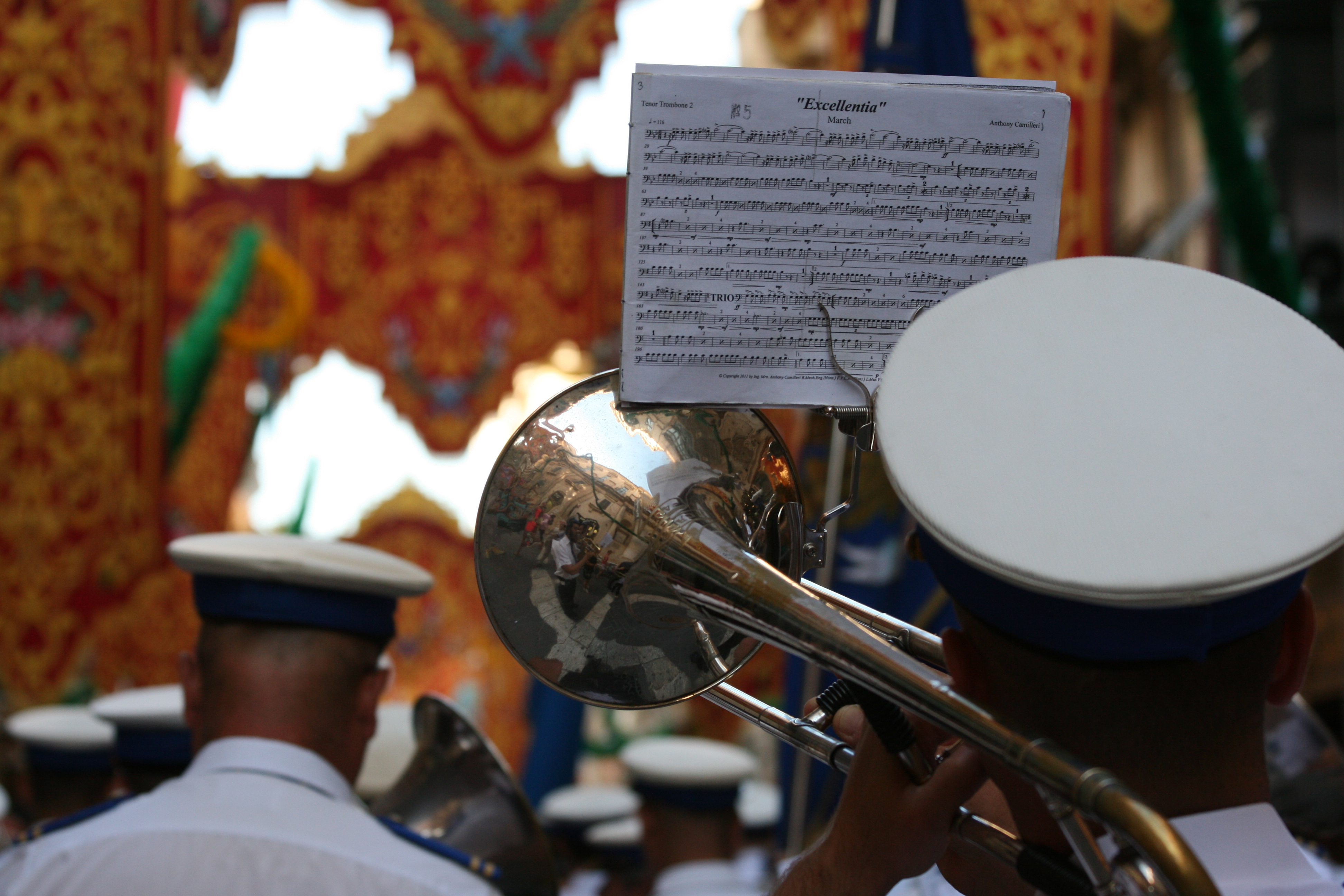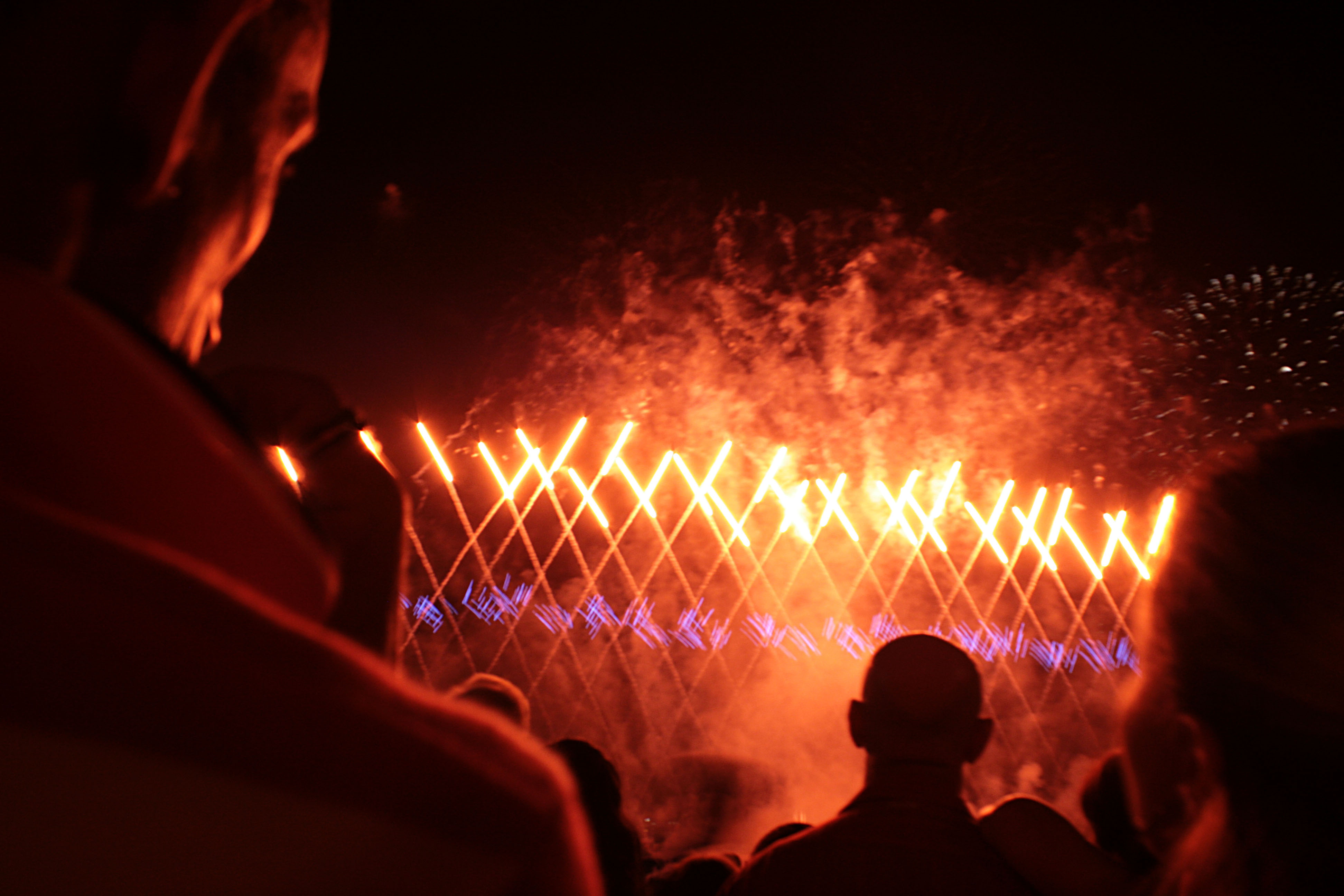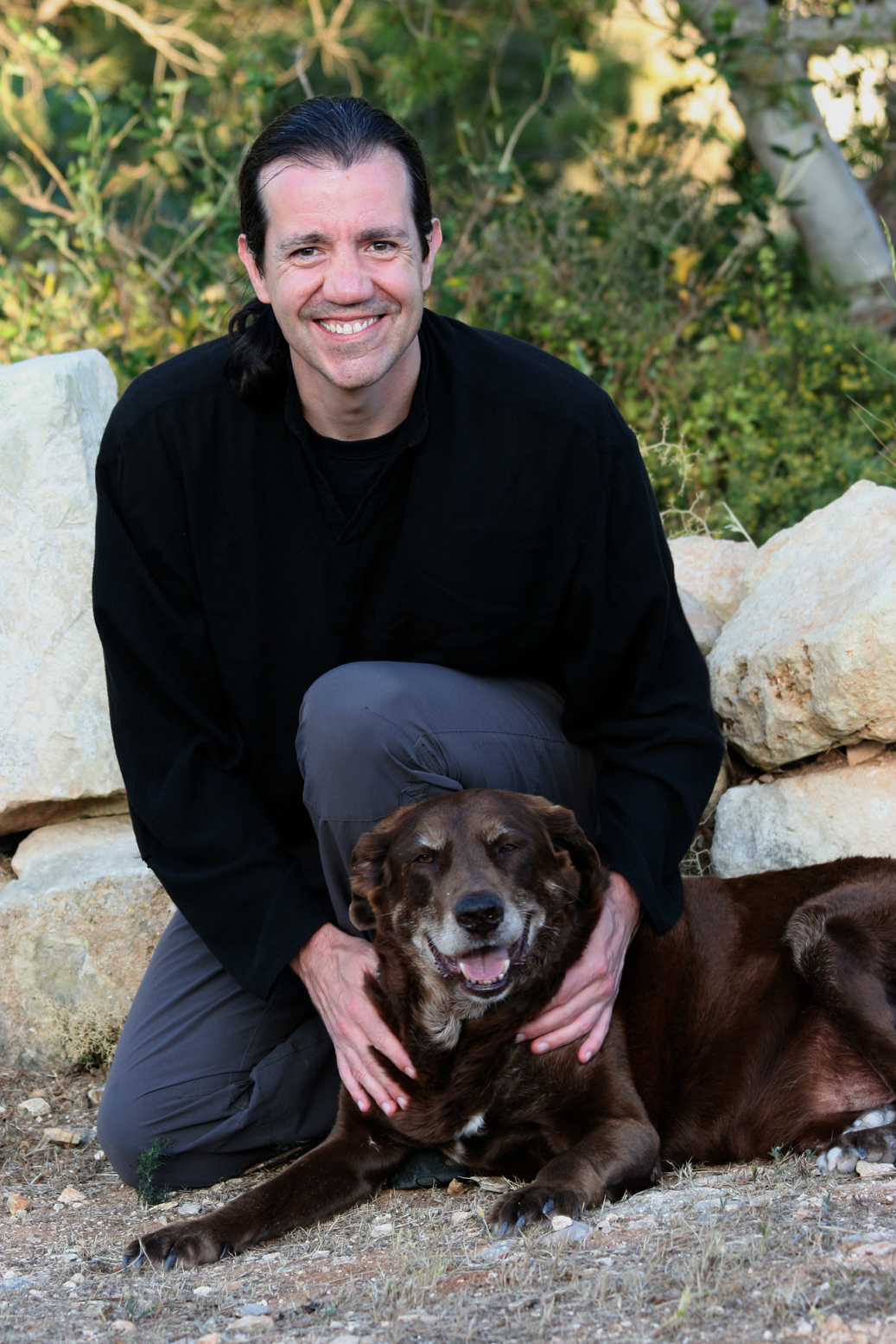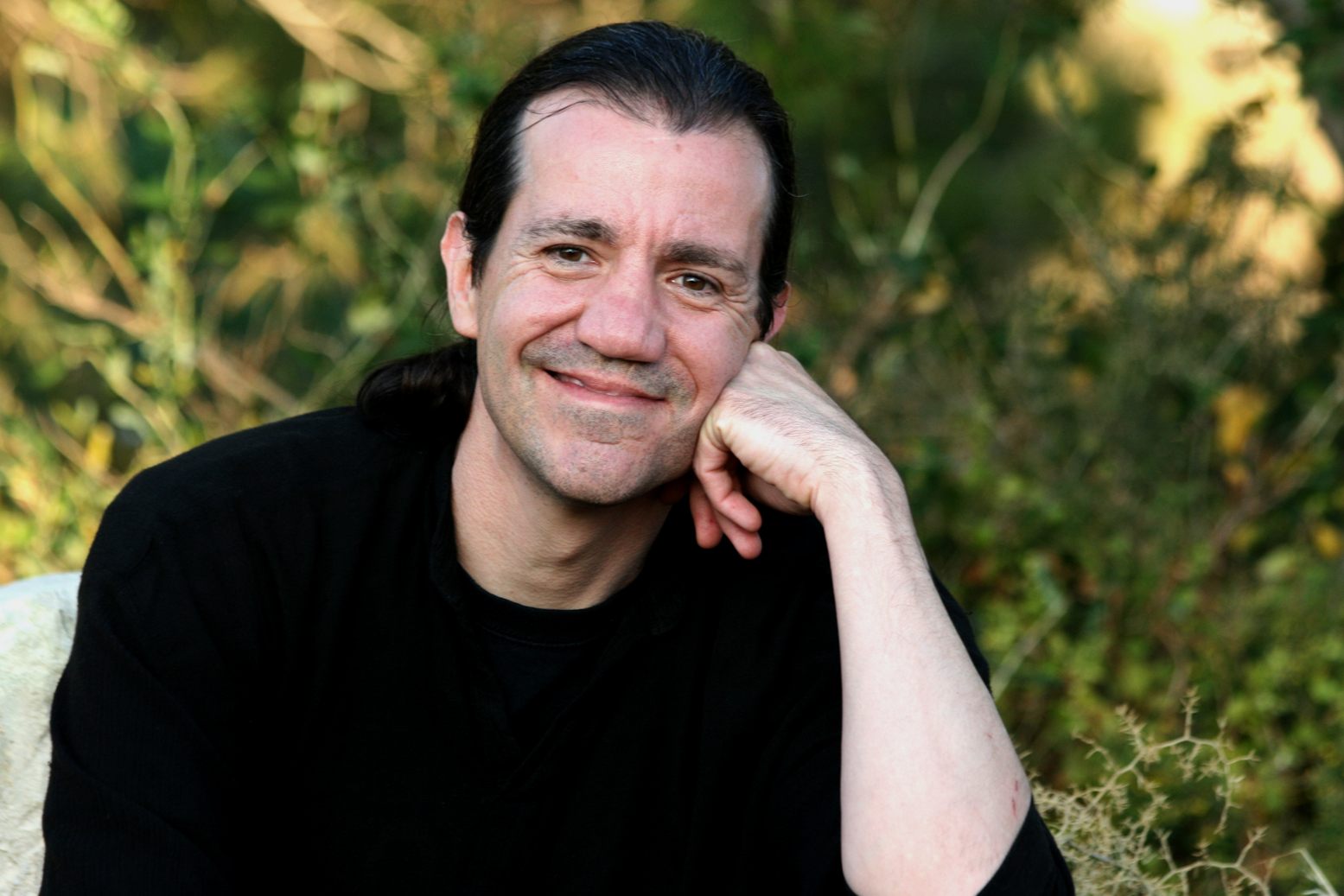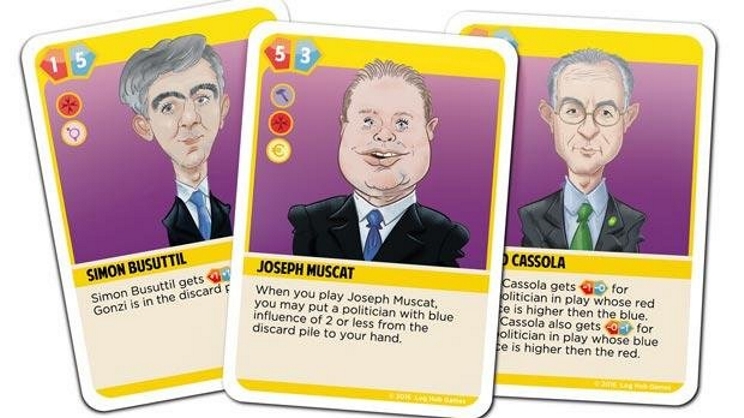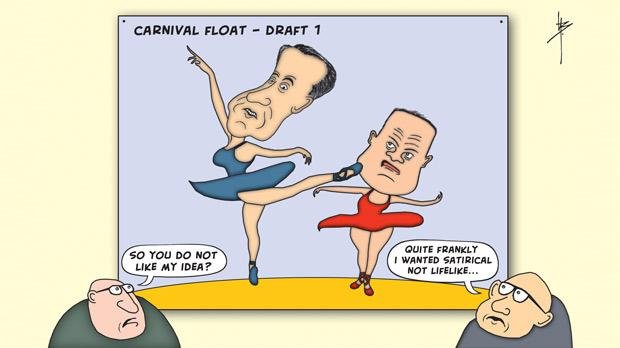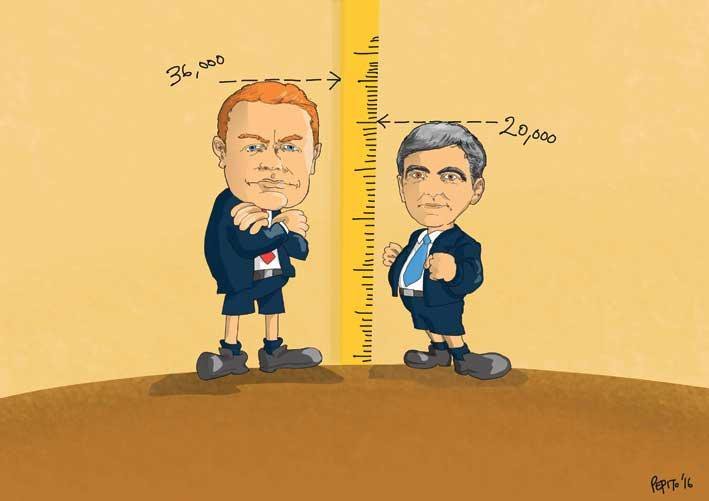
On Friday, 19th February Ede Books launched the 2nd series of the photography books by both, local and international photography enthusiasts (I avoid using term ‘professionals’ intentionally, more about the reasons for it below). Apart from introducing a few great images from a variety of categories – from travel photography to urban and abstract – and attracting a broad spectrum of audience, Ede photo books’ events signified a cultural shift in Malta’s photographic scene. The outcome of these series certainly is a milestone, a breakthrough in a collective effort in search of a new photographic identity. A fair number of the photographs displayed at the launch signify the end of the era dominated by overly edited images of a rather poor aesthetic quality, locally marketed as ‘professional photography’.
Some of the photographs were greatly influenced by the Workshop f/1.4, a monochrome film photography course opened two years earlier. By demonstrating the fundamental concepts and the magic of analogue photography, the workshop led by David Pisani and Zvezdan Reljic enriched photographic vision of many enthusiasts in Malta. The tutors’ passion for photography as an integral process was inspiring to many and bore great results.
The book launch event was symbolic in many ways – it brought out the emerging eager for true photography as well as a few aspects which clearly undermined the persisting public misunderstanding of the very idea of photography. A number of times I was approached with the same question which, to my surprise, was addressed by seemingly culturally aware people. The question (or, to be precise, a remark) was ‘I didn’t know you were a photographer’. What makes one a photographer? Is it having a website with a collection of images, a self-description, a Facebook page or perhaps a tacky practice of watermarking pictures? Or perhaps just owning a camera does the trick? Sadly, flashing an expensive camera and a few lenses seems to be enough for many to call themselves ‘photographers’.
Whereas there are various definitions of ‘photographer’, a description of someone fascinated with imagery who also thoroughly enjoys depicting it, is the one I side most with. The aesthetic value of a truly good picture is always greater than the object/event it portrays. While paying respect to the nature of the object/event, a photographer contributes his/her vision to the image and that is why the visual interpretation of the captured moment cannot be translated into words. An image that can easily be described with no loss of unique imagery is not a good photograph.
The event also pointed at a few other particularities of Malta’s local photography scene. Surprisingly, a number of the authors took the publication as a chance to praise their personal achievements of all sorts. It was abhorrent to discover the extensive lack of humility and self-irony that some of the authors revealed by literally dedicating chapters to themselves on the back page of their book. Manipulating public opinion by explaining why your own photographs need to be appreciated or, even worse, praising yourself for being a great photographer, is a foul approach that needs no further comment.
As Milan Kundera wrote, “if a novel is successful, it must necessarily be wiser than its author”. The same is true about a great photograph. It speaks for itself better than an extensive description of its qualities. Ede photo books present a variety of such images. The greatest outcome of the whole initiative was in encouraging individuals, passionate about photography, whose work until recent had been overshadowed by individuals passionate about digital editing.
Should you be interested in purchasing a copy of a specific photography book or a whole set of books please contact edebooks.eu.
P.S. I sincerely hope the article does not offend anyone since it was never meant to be an offense. I believe certain aspects need to be articulated even if they reveal an unpleasant side. As part of a group effort, I perhaps should have abstained from commenting on those aspects publicly but, alas, I did not manage.

